We at GadgTecs love science, and naturally, when you love science, you are bound to come across Albert Einstein, because, you know, E=MC2. Without a doubt, he was one of the most influential scientists this world has ever seen. Many people have written books and papers on him, but there are still some questions that always start a debate. One such question is: Did Einstein believe in God?
I wasn’t thinking of writing an article on the subject, initially, I was just planning to write a couple of lines to answer a specific question regarding a saying of Einstein. The quote is: “The more I study science, the more I believe in God“. Most people, usually atheists, say or think that this is probably one of those fake quotes being attributed to Einstein (of which there is no dearth) but not every quote that is hard to believe is a false attribution.
There is so much debate and so much has been written on the subject of his belief that there is an entire Wikipedia page dedicated to the topic “Religious and philosophical views of Albert Einstein” Now, mind you, the question I am answering is NOT what kind of God did Einstein believe in! People who initially said or say that he didn’t believe in a God (or that this quote can’t be Einstein’s) later change their statement to something on the shade of ‘oh, he didn’t believe in a personal God, but a non-personal one’ or ‘Albert Einstein believed in Spinoza’s pantheistic God.’ First, I’ll prove that, indeed, Einstein did believe in a God. Then you, the reader can decide for yourself what kind of a God he believed in.
Einstein never liked being called an atheist. Once, he even characterised himself as ‘devoutly religious’ in a mystical sense, evident by the following statement, which appeared in the biography “Einstein: His Life and Times” by Philipp Frank (in 1947), who himself was not only a colleague and friend of Einstein’s, but a mathematician, physicist, and an influential philosopher.
“The most beautiful emotion we can experience is the mystical. It is the power of all true art and science.
He to whom this emotion is a stranger, who can no longer wonder and stand rapt in awe, is as good as dead.
To know that what is in-penetrable to us really exists, manifesting itself as the highest wisdom and
the most radiant beauty, which our dull faculties can comprehend only in their most primitive forms—
this knowledge, this feeling, is at the center of true religiousness.
In this sense, and in this sense only, I belong to the rank of devoutly religious men.”
Who better to tell about Einstein’s views then his close friends and colleagues? Another of his close friend, Dr. Max Jammer, a physicist from Israel who got his doctorate in ‘experimental physics’ in 1942 writes a lot on his views on religion and God. According to Jammer, “Einstein always protested against being regarded as an atheist.”Einstein takes the opposite point of view: “A legitimate conflict between science and religion cannot exist. Science without religion is lame; religion without science is blind.” In his book “Einstein and Religion: Physics and Theology”, the award-winning author also tells us some more quotes from Einstein, such as:
“Everyone who is seriously involved in the pursuit of science becomes convinced that a spirit is manifest in the laws of the universe – a spirit vastly superior to that of man.”
and
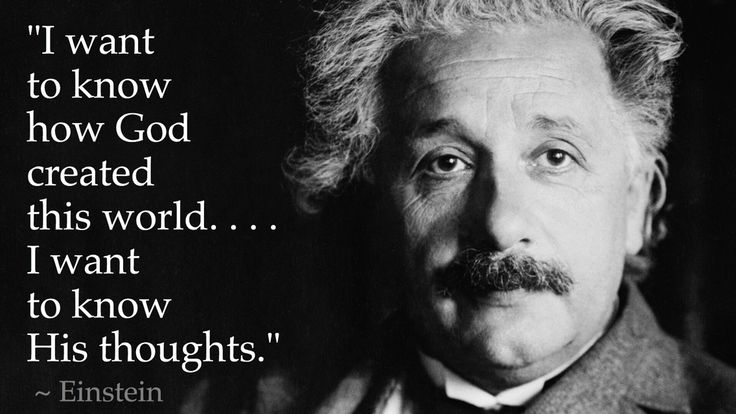
and
“My God created laws… His universe is not ruled by wishful thinking but by immutable laws.”
and
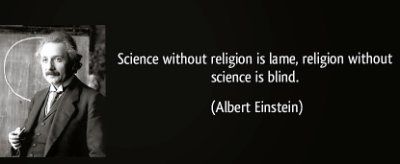
and
“This firm belief in a superior mind that reveals itself in the world of experience, represents my conception of God.”
There are many more such quotes but the best one I like was:
“In the view of such harmony in the cosmos which I, with my limited human mind, am able to recognize, there are yet people who says there is no God. But what makes me really angry is that they quote me for support of such views.”
Now, I hope everyone can see that the kind of God Albert Einstein believed in is a God who created the Universe, its laws, and all that there is in it. Now, as for the original quote, well, that too is authentic. Jim Holt, an American philosopher and a best selling author, whose work has appeared in The New Yorker, The New York Times, The American Scholar, The New York Times Magazine, The New York Review of Books, and the Wall Street Journal, tells us the quote in his 1997 WSJ article titled “Science Resurrects God“, which he apparently took from the book “Berlin in Lights: The Diaries of Count Harry Kesslera”.
You May Like: Get a custom web calculator for your website by professional web designers
The article is still online, and you can visit the original source and confirm it. If you have any questions, criticism, answers etc, you are most welcome to write to me in the comments section. We don’t believe in censoring (oh but we really do hate spam, so if you want to advertise your SEO/Keywords junk etc, stay away!), and we’ll publish every comment that we get. Oh and a Happy New Year to Everyone! Hope the 2023 is better than your 2022 🙂


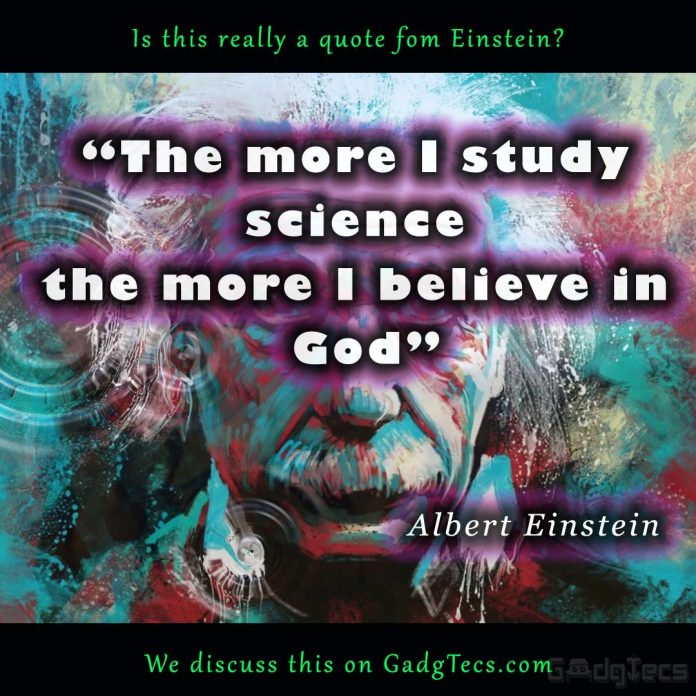
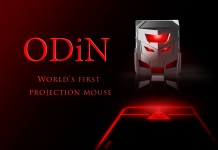
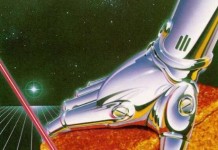






when I died I had ALL KNOWLEDGE while I was there and even then I knew no man was capable of knowing all things…I thought: can I have something to take back with me?…I was given only one thing: the message was to devote the rest of my life on earth spreading the news of the Higher Power who will judge our souls in eternity…